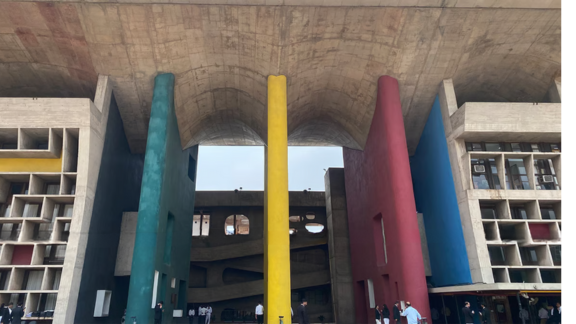The Punjab and Haryana High Court recently denied bail to a quack doctor accused of causing a man’s death in 2022 by administering incorrect treatment (Mohammad Faheem v. State of Haryana).
Justice Namit Kumar noted that the investigation revealed the accused had been practicing as a doctor in his clinic without possessing the required professional qualifications under the law.
The Court also pointed out that, in an attempt to destroy evidence, the accused allegedly disposed of the victim’s body by leaving it on a road near a paying guest accommodation.
“The trial court must determine whether the petitioner was a registered medical practitioner and if he was operating a clinic, based on the evidence presented. However, it is undisputed that a person has lost his life,” the Court observed.
Justice Namit Kumar also highlighted the serious threat posed by unregistered medical practitioners to public health in India.
“Despite existing laws and regulations, many individuals practice medicine without proper qualifications or registration, endangering patients’ lives. Misdiagnosis and improper treatment by such individuals can worsen patients’ conditions, making them a menace to public health,” the Court added.
The accused, Faheem, was allegedly operating a medical clinic in Aliyar village, Manesar, Gurugram. The complainant, Ram Avatar, claimed that Faheem’s wrongful treatment led to the death of his nephew, Leeladhar.
According to Avatar, CCTV footage from the paying guest facility where his nephew resided showed that Leeladhar, who had a fever, had sought treatment from Faheem. He further alleged that Faheem and his friend Shubham abandoned Leeladhar’s body on the road after his death.
However, Faheem’s counsel argued that the post-mortem report indicated Leeladhar died of natural causes due to asphyxia (breathlessness) and that Faheem had only administered a Monosef injection, which is an antibiotic.
The defense also contended that Faheem had no intention or knowledge that his actions would result in the patient’s death, arguing that this did not constitute culpable homicide under Section 304(ii) of the IPC. They further pointed out that Faheem had been in custody for 1 year and 9 months, and two prosecution witnesses had not supported the case.
The Court acknowledged its lack of medical expertise to interpret the evidence at this stage and emphasized that scientific and medical evidence is still needed to establish the cause of death in the trial court.
While recognizing that some witnesses had not supported the prosecution, the Court underscored the seriousness of the charge under Section 304(ii) of the IPC, which can carry a sentence of up to ten years. Therefore, it dismissed Faheem’s bail plea.
Senior Advocate Vinod Ghai and advocate Arnav Ghai represented the petitioner, while Deputy Advocate General Saurabh Mohunta appeared for the State of Haryana.

















